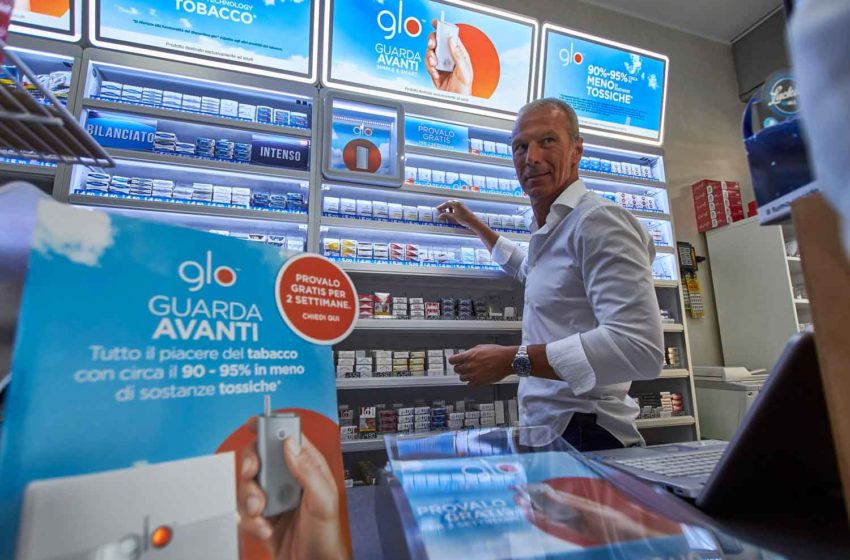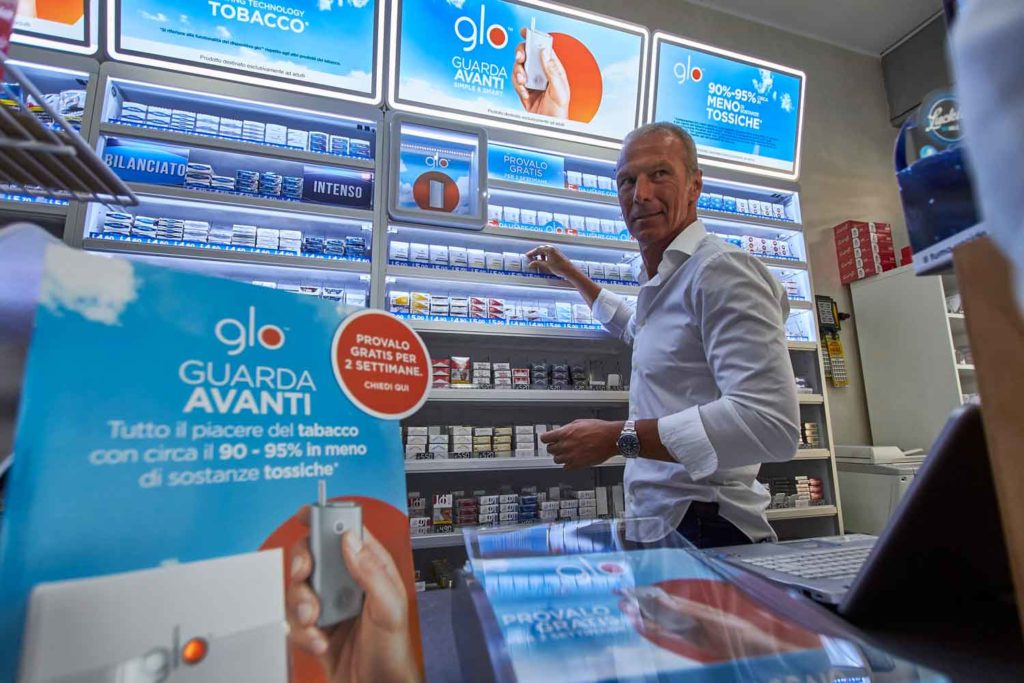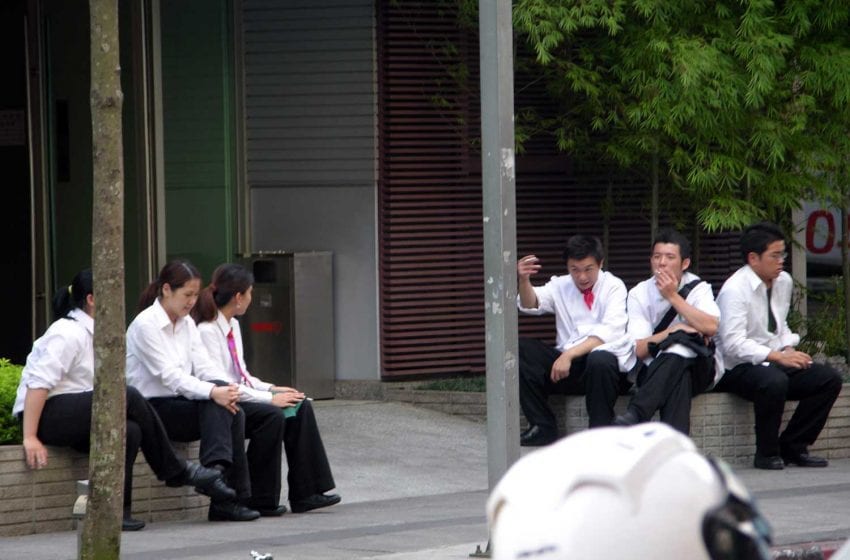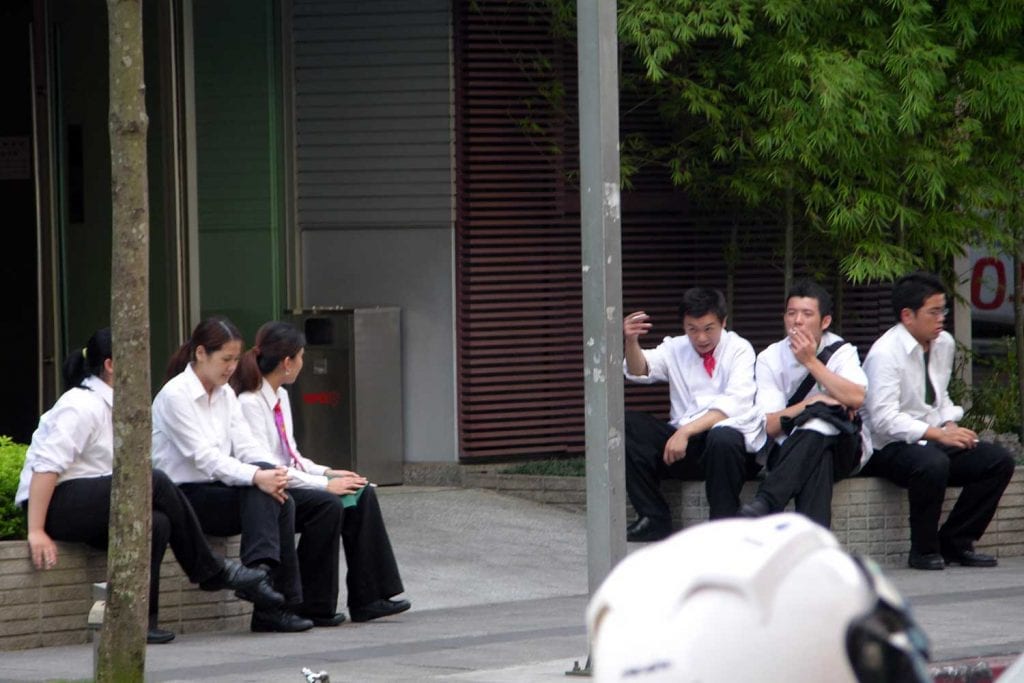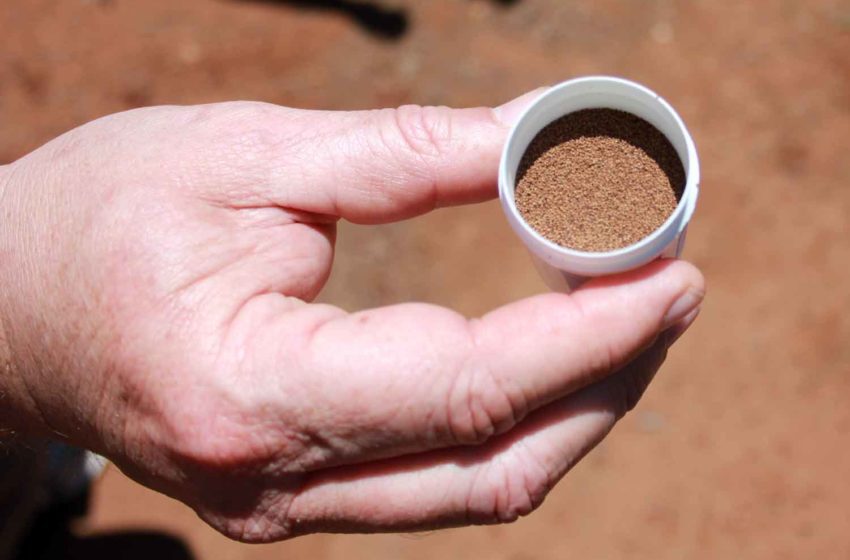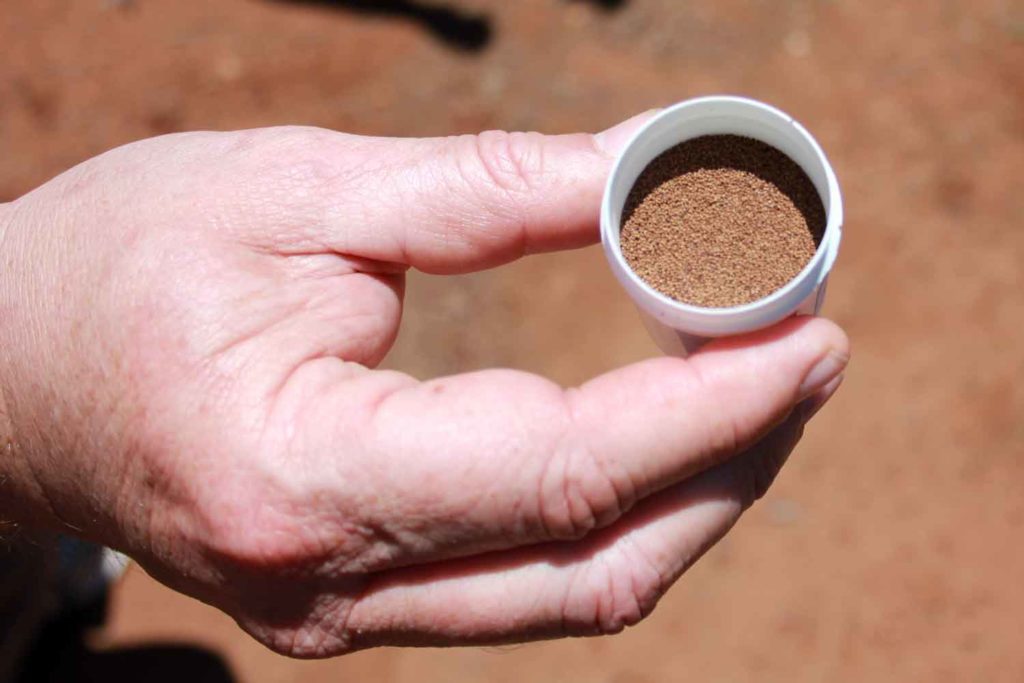
The JT Group’s revenues increased 9.9 percent to ¥1.39 trillion ($9.17 billion) in the second quarter of 2023, up 9.9 percent over the comparable 2022 period. Core revenue at constant exchange rates increased by 6.8 percent to ¥1.3 trillion, while adjusted operating profit at constant exchange rates increased by 4.7 percent to ¥434.3 billion. On a reported basis, adjusted operating profit increased by 6.7 percent to ¥442.8 billion. Operating profit increased by 8 percent to ¥413.6 billion, and profit increased by 8.7 percent to ¥287 billion.
“The JT Group posted another strong set of results for the first half, said JT Group President and CEO Masamichi Terabatake in a statement. “In particular, the tobacco business reported solid growth across its indicators, driven by a more resilient industry volume and continued market share gains, as well as robust pricing.
“Considering the accelerated investment towards heated tobacco sticks (HTS) in the second half of 2023, we have kept the full year forecast for adjusted operating profit at constant FX unchanged. On a reported basis, recognizing the current positive foreign exchange trend, we have revised upward our forecast, including the adjusted operating profit. Dividend per share guidance for full year remains unchanged taking into account our dividend policy at 188 yen per share. The interim dividend is 94 yen per share.
As announced in February, we are accelerating investment towards HTS to establish the foundation of our future growth. Ploom X is now available in six markets, following the launch in the Czech Republic in June, and will be launched in Switzerland in September. Geographical expansion is on track with the expectation to complete launches in 14 markets by the end of 2023 and 28 markets by the end of 2024.












